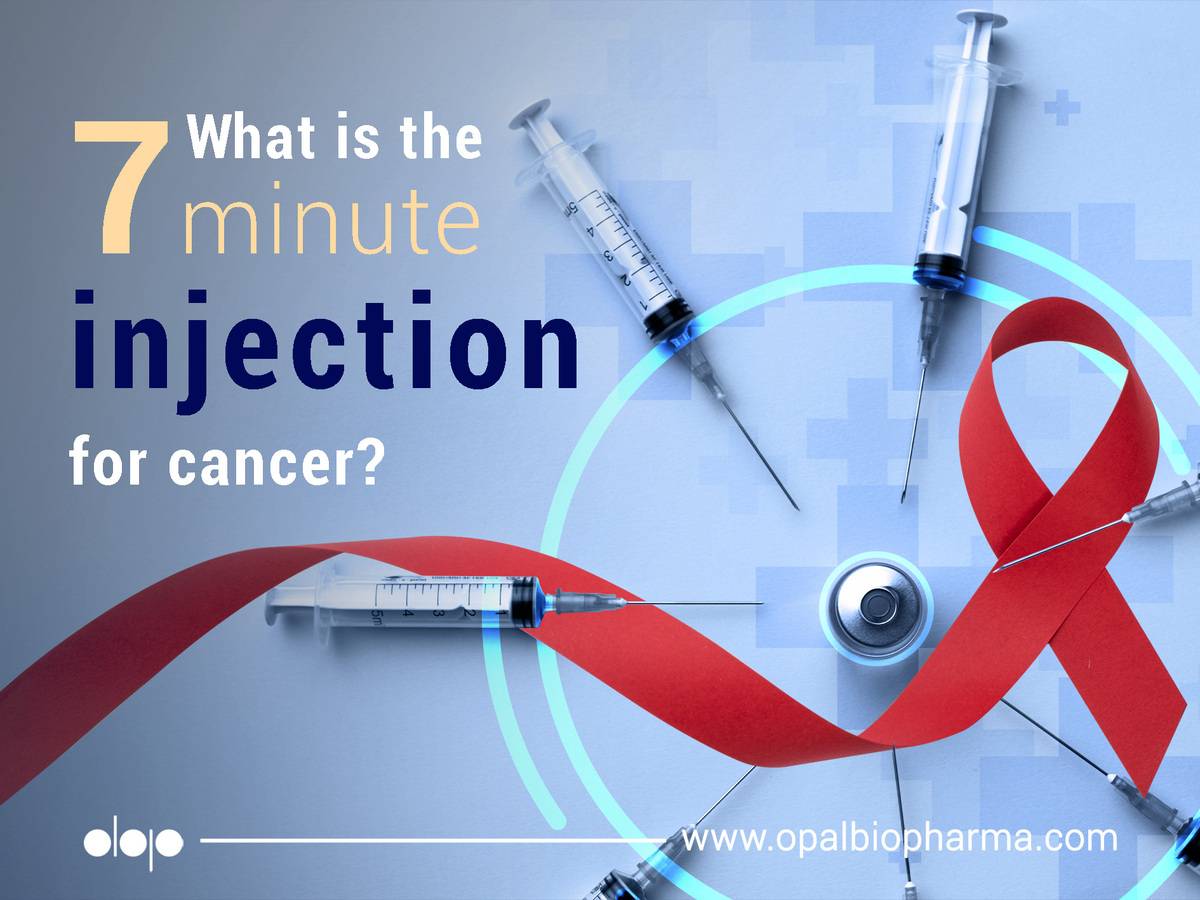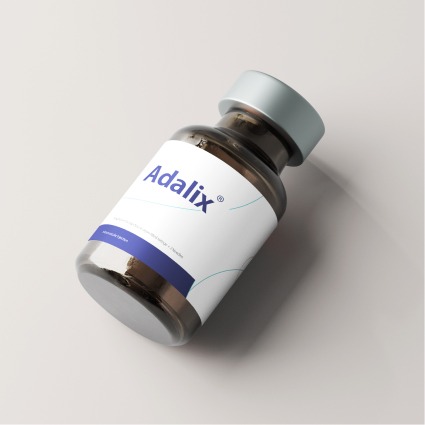Introduction
In the dynamic landscape of medical advancements, the emergence of the 7-minute injection for cancer stands as a pivotal development in oncology. This comprehensive analysis delves into the nuances of this innovative treatment, shedding light on its underlying mechanisms, clinical implications, and broader impact on the cancer care paradigm. The objective is to offer an insightful and scholarly exploration of this treatment, emphasizing its role in enhancing patient care and revolutionizing cancer therapy.
Conceptual Framework of the 7-Minute Cancer Injection
The 7-minute cancer injection revolves around a novel administration technique for the immunotherapy drug atezolizumab. Traditionally delivered intravenously throughout 30 to 60 minutes, this treatment has been transformed into a swift subcutaneous injection, consummated in merely seven minutes. This innovative method significantly economizes time, augments patient comfort, and optimizes hospital resource utilization. This transformative approach epitomizes a significant leap in cancer treatment, offering a less invasive and more practical alternative for patients.
Clinical Evolution and Implementation
The National Health Service (NHS) in England has pioneered the global adoption of this groundbreaking treatment. Endorsed by the Medicines and Healthcare Products Regulatory Agency (MHRA), the 7-minute injection represents a seminal development in cancer therapy. This initiative is part of NHS’s broader strategy to integrate cutting-edge medical technologies, enhancing treatment efficacy and patient welfare. The implementation of this treatment is poised to benefit thousands annually, significantly curtailing the duration of their hospital visits.
Clinical Efficacy and Patient-Centric Benefits
The 7-minute injection’s introduction marks a significant stride in cancer care. It considerably diminishes the time required for administering atezolizumab, which is instrumental in treating diverse cancers such as lung, breast, liver, and bladder. This rapid method is anticipated to be adopted by the majority of the 3,600 patients annually commencing atezolizumab treatment in England. This enhancement not only elevates patient experience by reducing hospitalization time but also liberates crucial resources in chemotherapy units, paving the way for a more efficient healthcare system.
Operational Efficiency and Healthcare Implications
The 7-minute injection’s adoption significantly influences healthcare systems, epitomizing efficiency and resource optimization. Abbreviating treatment times facilitate the judicious use of hospital facilities and staff, which is vital in resource-constrained healthcare environments. This efficiency catalyzes increased patient throughput, ensuring timely care for a larger patient cohort. This technological integration exemplifies how healthcare systems can evolve, embracing innovative treatments that not only facilitate patient outcomes but also streamline operational efficiency.
Pharmacological Underpinnings of the 7-Minute Injection
The pharmacological essence of the 7-minute injection is rooted in its active compound, atezolizumab, an immunotherapy drug. Atezolizumab operates by empowering the patient’s immune system to identify and eradicate cancer cells. The transformation of its administration from an intravenous infusion to a subcutaneous injection signifies a substantial advancement in pharmacological application. This shift not only facilitates a more rapid delivery but also mitigates the discomfort associated with longer intravenous procedures. The adaptation of atezolizumab into a time-efficient injection form exemplifies the progression in drug delivery systems, aligning patient convenience with therapeutic efficacy.
Cost-Efficiency and Economic Implications
The implementation of the 7-minute injection for cancer also underscores a significant economic consideration. Despite its innovative nature, the treatment does not incur additional costs to the NHS, courtesy of a strategic commercial agreement with the drug manufacturer, Roche. This aspect of cost-efficiency is critical in ensuring the scalability and accessibility of advanced cancer treatments. The economic viability of this approach demonstrates a sustainable model for integrating novel therapies within existing healthcare budgets, potentially setting a precedent for future medical innovations.
Methodological Shift and Treatment Paradigm
The methodological transformation from an intravenous to a subcutaneous delivery method represents a paradigm shift in cancer treatment. This change is not merely a procedural adjustment; it signifies a deeper evolution in the treatment philosophy, prioritizing patient-centric care. The rapid administration not only reduces patient anxiety and discomfort but also exemplifies a more humane approach to cancer therapy. This shift aligns with contemporary healthcare trends that emphasize patient autonomy, comfort, and overall quality of life during treatment.
Global Impact and Potential Adoption
The success and implementation of the 7-minute injection by the NHS in England serve as a potential model for global healthcare systems. The rapid adoption and favorable outcomes could encourage other nations to integrate this innovative treatment into their cancer care protocols. The global impact of this development could be substantial, offering a more efficient, patient-friendly cancer treatment option worldwide. This international potential underscores the significance of such innovations in shaping global health policies and practices, especially in the realm of oncology.
Opal Bio Pharma and Industry Perspective
In the broader context of the pharmaceutical industry, companies like Opal Bio Pharma (OBP) play a pivotal role. As a leading biopharmaceutical company in Oman, OBP’s focus on developing vaccines, biosimilar medicines, and treatment methods, including oncology therapies, aligns with global trends in healthcare innovation. While OBP is not directly involved in the development or distribution of the 7-minute cancer injection, its commitment to advancing medical technologies and therapies resonates with the ethos of this groundbreaking treatment. OBP’s objective to supply regions like Central and Eastern Europe reflects an industry-wide movement towards more accessible and efficient healthcare solutions, and its endeavors contribute to raising Oman’s profile in the medical industry.
Conclusion
The 7-minute injection for cancer epitomizes a significant advancement in oncology, offering a pragmatic, patient-centered, and efficient approach to cancer treatment. The adoption of this treatment by the NHS and its potential global impact reflects a shifting paradigm in healthcare, emphasizing speed, convenience, and patient well-being. As medical technologies continue to evolve, the integration of such innovative treatments is essential for improving patient outcomes and enhancing the quality of cancer care worldwide. This development also underscores the critical role of pharmaceutical companies like Opal Bio Pharma in advancing healthcare innovations and contributing to global health progress.

